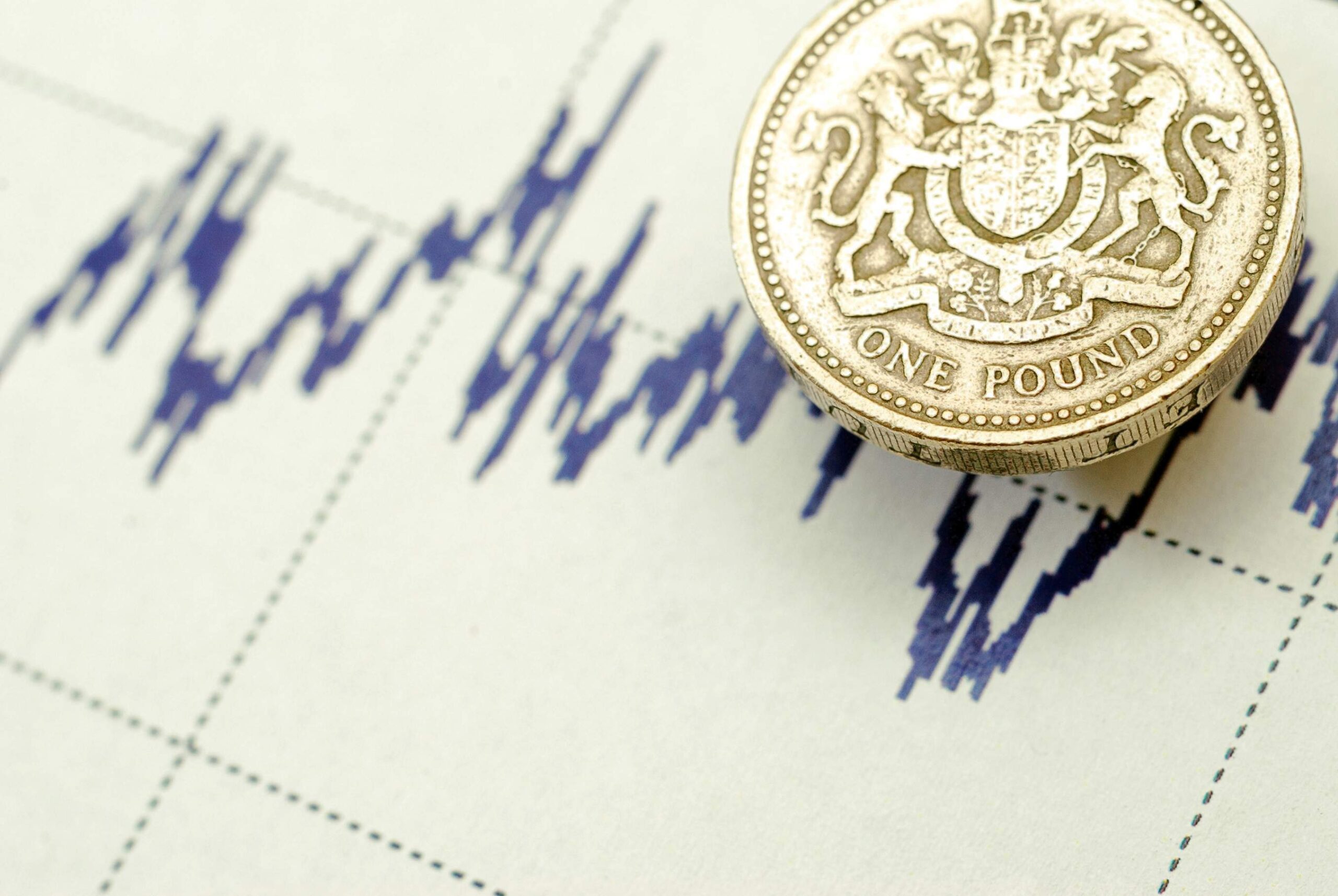
Before the UK referendum on the European Union took place in June last year, the economic predictions were bleak.
The treasury, Goldman Sachs and the International Monetary Fund (IMF) all predicted that the economy would be forced into a recession as a result of a Brexit victory.
Though a recession is not in the forefront, the economy has been hurt by the fall in sterling since the referendum vote. These are the market figures to look out for this week to see how Brexit is affecting the UK economy.
Consumer Prices Index (CPI)
The CPI measure of inflation will be announced tomorrow, Tuesday 11 April. The rate is expected to remain at 2.3 percent for April, the second month running. When the inflation rate hit this figure in March, it was the highest rate it had been for four years.
The Office of National Statistic (ONS) which measures inflation said that a rise in transport costs, particularly for food, and a surge in food prices were the reasons for the rise. This uptake in living costs will put pressure on UK household budgets.
However, if inflation goes higher than 2.3 percent, the Bank of England will be called on to tighten its monetary policy. The next policy meeting will take place in May.
How well do you really know your competitors?
Access the most comprehensive Company Profiles on the market, powered by GlobalData. Save hours of research. Gain competitive edge.

Thank you!
Your download email will arrive shortly
Not ready to buy yet? Download a free sample
We are confident about the unique quality of our Company Profiles. However, we want you to make the most beneficial decision for your business, so we offer a free sample that you can download by submitting the below form
By GlobalDataLabour market figures
On Wednesday 12 April, labour market figures will be announced for the month of March. This will offer insight into whether the Brexit negotiations will have affected hiring decisions and if pay growth is keeping up with inflation.
Last month, the ONS reported there were 31.85m people in work, 315,000 more than for a year earlier. We’ll have to see if this trend has continued this month.
A report by Morgan McKinley released in March said that financial services jobs have been falling in London. There was a 23 percent decrease in available financial jobs in the capital in February compared to earlier in the year.
The health of the UK economy is dependent on trade this year
Professional services firm EY released its EY ITEM Club spring forecast report today predicting that inflation could reach 3 percent this summer. Despite this, GDP growth is expected to reach 1.8 percent, but instead of a reliance on consumer spending like last year, overseas trade is supposed to be a marker of growth for the UK.
Chief economic advisor to the EY ITEM Club, Peter Spencer, said:
“Although the starting gun for Brexit has just been fired, the UK economy has been adjusting to life outside the EU since the referendum. Recent data suggest that the pound’s depreciation has boosted manufacturing, while inflation has subdued retail sales growth.
“At the same time, unlike 2008 when the pound last had a big fall, we are now selling into buoyant markets. Growth in world trade, which has been in the doldrums for several years, is now stronger than at any time since the initial bounce-back from the recession in 2010. This will be a big help in offsetting the headwinds from weaker consumer spending.”
How to keep on top of the change
To keep up with what’s happened since the Brexit vote, Verdict’s Brexit tracker updates daily with the latest economic variables to show how business sentiment is holding in the UK.







